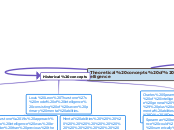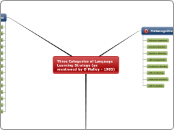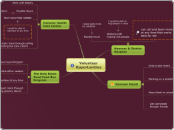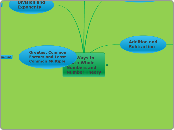realizată de FATIMA Akber 6 ani în urmă
211
Theoretical concepts of intelligence
Understanding how students use their diverse intelligences can significantly impact classroom instruction, fostering confidence and skill development. Traditional measures like IQ scores are insufficient to capture the complexity of human intelligence.









